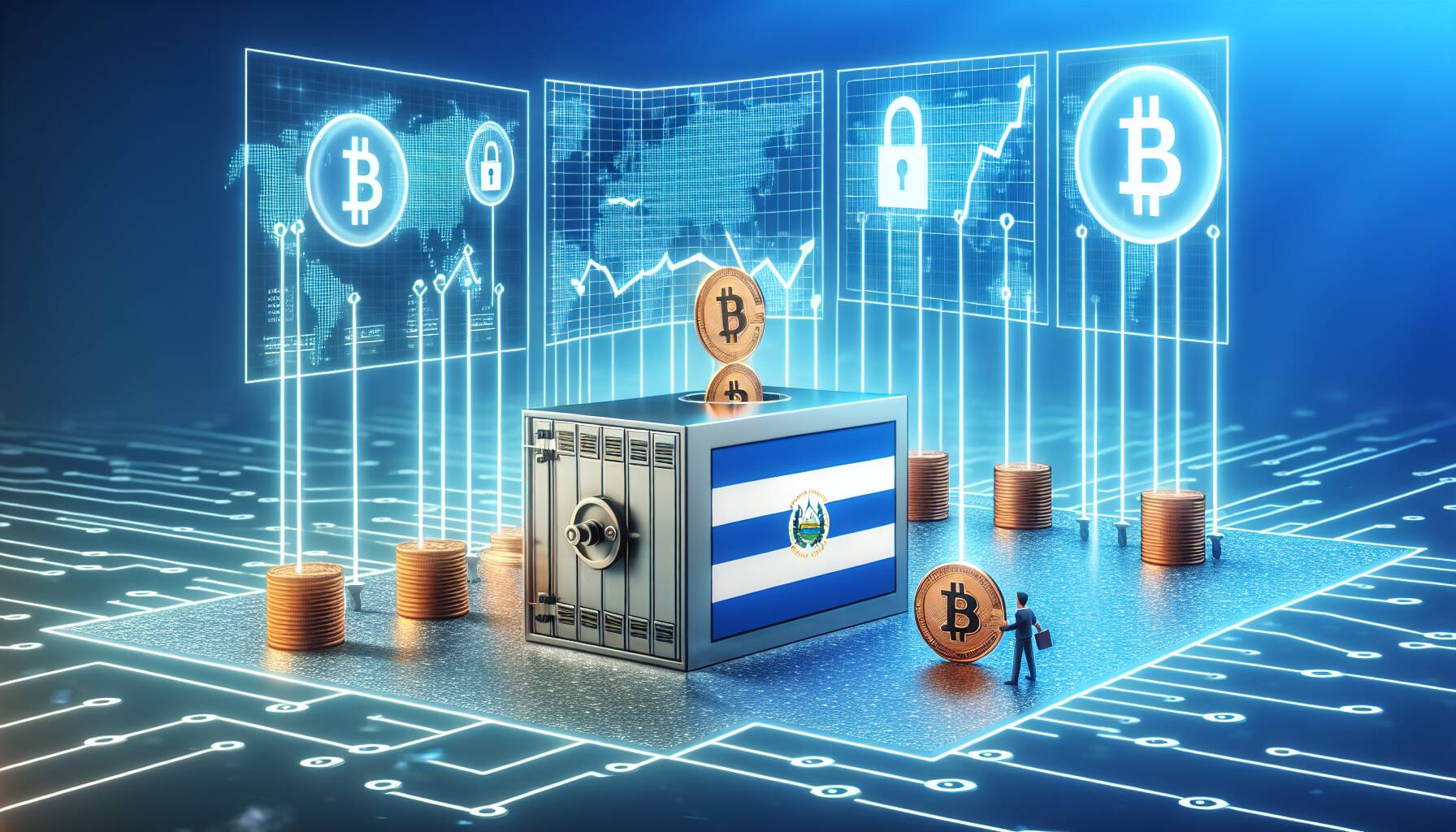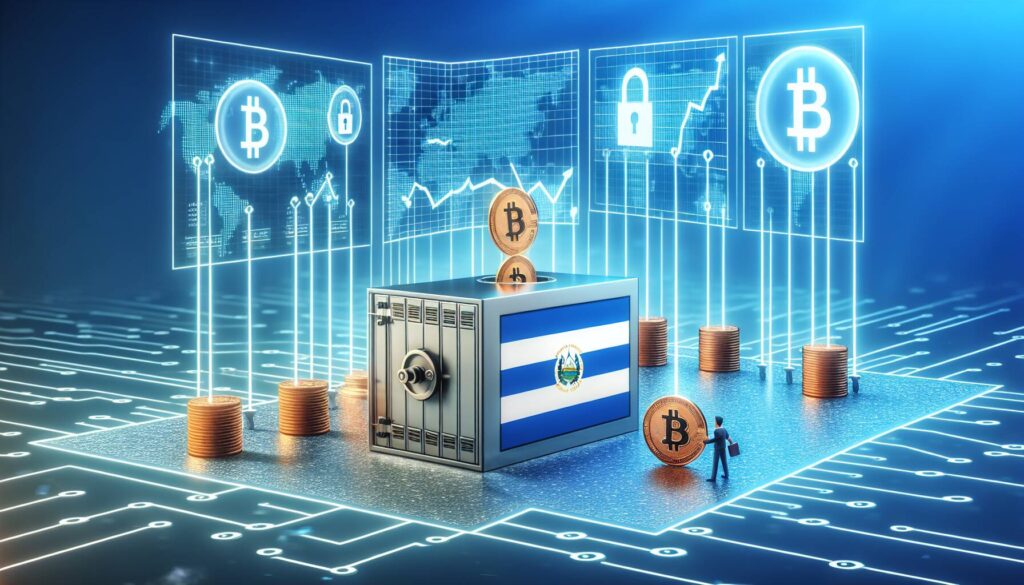In a significant move that reflects its ongoing commitment to cryptocurrency, El Salvador has announced plans to transfer its Bitcoin reserves into multiple addresses. This decision comes in the wake of heightened concerns about cybersecurity and potential threats, particularly from quantum computing. By diversifying these holdings, El Salvador aims to enhance the security of its estimated $1B Bitcoin stash, which has become a centerpiece of the nation’s economic strategy.
President Nayib Bukele has been a vocal advocate for Bitcoin, positioning the cryptocurrency as a tool for economic growth and financial inclusion in El Salvador. However, this latest development has garnered mixed reactions on the global stage. The International Monetary Fund (IMF) has recently raised concerns about El Salvador’s Bitcoin policy, questioning its viability as a financial strategy. This scrutiny highlights the geopolitical implications of the country’s ambitious experiment with digital currency.
“The relocation of Bitcoin reserves is not just a tactical financial decision; it’s a deeper commentary on how nations are navigating the modern economic landscape,” said an analyst from a leading financial research firm.
Moreover, this move coincides with a broader trend in the cryptocurrency industry where nations are grappling with the implications of digital assets. While some view El Salvador’s Bitcoin experiment as a legitimate hedge against economic instability, others perceive it as a precarious gamble that could backfire amidst unpredictable market conditions.
As El Salvador continues to navigate this uncharted territory, the international community watches closely, weighing the outcomes of its bold initiative against the backdrop of global monetary policies.

El Salvador’s Bitcoin Reserves Strategy
Key points on El Salvador’s decision to transfer Bitcoin reserves:
- Multiple Wallet Transfers: El Salvador is relocating its Bitcoin reserves to multiple addresses to enhance security.
- Reduction of Quantum Attack Vulnerability: The transfer aims to lessen exposure to potential quantum computing attacks on cryptocurrency.
- Significant Holdings: El Salvador’s Bitcoin holdings are valued at approximately $1 billion, which reflects a considerable financial bet on cryptocurrency.
- Geopolitical Implications: The move raises questions about the country’s financial stability and its position in global economic discussions.
- IMF Concerns: The International Monetary Fund (IMF) has expressed apprehensions regarding El Salvador’s use of Bitcoin, which might influence future economic policies or support.
This strategy of diversifying Bitcoin holdings could impact readers by highlighting the importance of security in digital assets and the potential for geopolitical risks associated with cryptocurrency investments.
El Salvador’s Strategic Shift in Bitcoin Reserves: A Double-Edged Sword
Recent developments surrounding El Salvador’s approach to its Bitcoin reserves reveal a significant move to enhance security and mitigate risks associated with cryptocurrency volatility. By transferring its holdings into multiple addresses, the government aims to bolster defenses against potential quantum attacks while simultaneously addressing concerns from international bodies like the IMF.
Competitive Advantages: This strategic transfer can be viewed as a proactive measure to safeguard national assets. By diversifying the storage of Bitcoin across various wallets, El Salvador minimizes the risk of a catastrophic loss from targeted cyber threats. Such a maneuver not only highlights the country’s commitment to cryptocurrency innovation but also positions it as a pioneering force in the global digital economy. Other nations may take notice, potentially considering similar strategies for their own Bitcoin reserves or investments in blockchain technology.
Competitive Disadvantages: However, this bold move is not without its challenges. The growing scrutiny from organizations like the IMF raises questions about the long-term viability of such strategies. By increasing its dependence on Bitcoin, El Salvador risks further destabilizing its economy, especially if the market experiences significant downturns. Additionally, the government’s heavy bet on cryptocurrency could alienate traditional investors who prioritize stable, conventional investments.
This approach has potential implications for various stakeholders. On one hand, it could attract cryptocurrency enthusiasts and investors drawn to the notion of a government backing digital currency initiatives, fostering a more robust crypto ecosystem and stimulating economic growth. On the other hand, traditional financial institutions and conservative investors may perceive this shift as risky, potentially creating barriers to investment and causing hesitation in partnerships with El Salvador.









